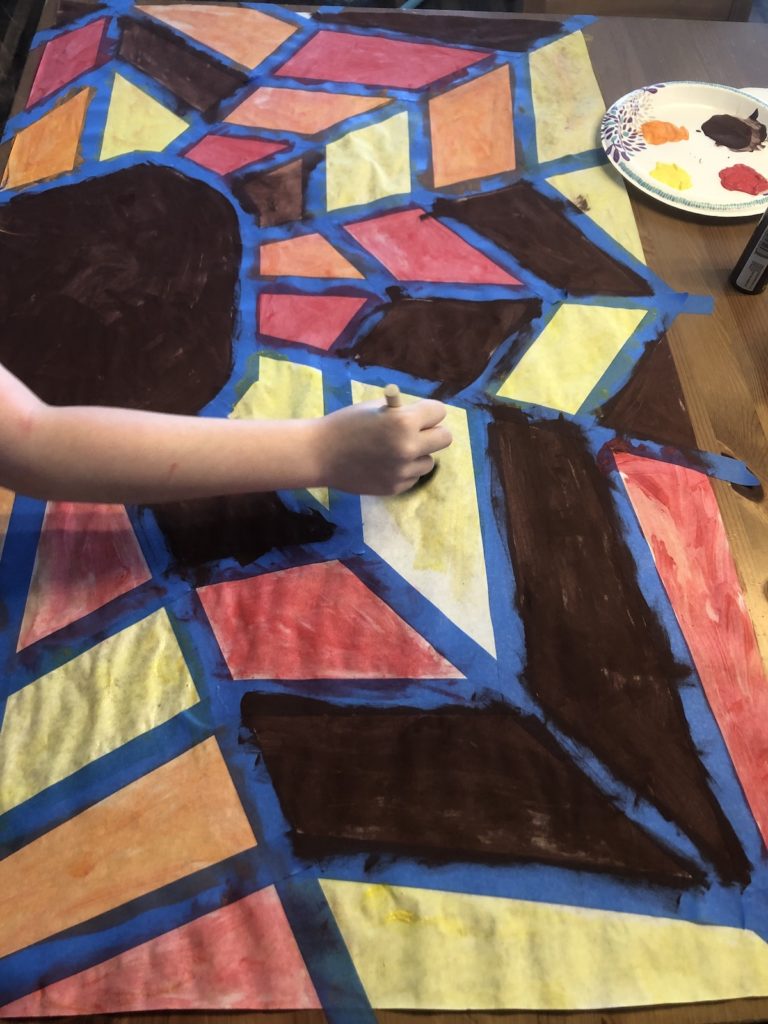Rooting Thanksgiving in Story Sharing
By Heather Melton, UTO Staff Officer

I’ve been thinking a lot about Thanksgivings past recently, maybe because it’s one of my favorite holidays and also because as we emerge into post-pandemic reality, I’m trying to engage with what we need to bring back because we love it as a family and what it best to let go of. I’ve also started thinking about how to help my children see Thanksgiving as a holiday about gratitude and to not see it as the kickoff to the Christmas season, as the Macy’s Thanksgiving Day Parade always announces when Santa arrives at the end. How can we help carve out this moment in time to simply be grateful to be together and grateful for creation which sustains us?
I’ve spent some time asking people what they do to make Thanksgiving about gratitude to see if there is something I can add to our holiday. Many families find that inviting every person around the table to share something they are thankful for from the year past is a great way to mark the celebration as one of gratitude. Others find that they see gratitude in less overt ways, from hugs shared to hostess gifts. Some say that sharing the stories behind the recipes helps show gratitude for loved ones who have passed them down to us. For some, it is holding the traditions they were raised with, from going and getting the Christmas tree the day after Thanksgiving, to getting up early to shop for deals. Some of you think the leftovers are the best part and a sign of gratitude as well. Many of my favorite memories are of an eclectic group of people gathered at my house to share a meal because they didn’t have a family gathering to attend. I also love the small celebrations we had during the pandemic. As I think about what similarities there are between these, I realized that story sharing and simple gratitude for being together are key themes.
This Thanksgiving, if you’re wanting to bring a new level of gratitude to the event, I want to encourage you to create a space to share stories. Sometimes the question, “What are you most thankful for?” is too much or can start to feel like a competition. I wonder instead if we could ask a lot of questions, like share a story of gratitude for an experience of nature from the past year, or what recipe at Thanksgiving connects you with a memory or story that you’re especially thankful for this year. I wonder if we could then take these questions and add them to our daily routine.
As I think about Thanksgiving meals shared, I realize that part of what I love is that it is completely out of the normal routine—it is extravagant, it is joyous and it is restful (hopefully at some point for everyone), so how do we add some of these things to our weekly routines? Can we add questions of gratitude to our evening meals? Set time aside on the weekend for gratitude, story sharing, and rest? Can we pull out old recipes and try one each month and tell the story of the person who created it? Those of us committed to practicing gratitude daily know that it makes a difference in our lives, and by bringing some of these elements from Thanksgiving out into the rest of the year, we might find that others are inclined to join us in practicing gratitude daily as well.
Regardless, know that this Thanksgiving, as my family shares things we are grateful for, I will give thanks for all of you. The UTO community is growing and changing, but always at its core is a group of people who know that gratitude and thankfulness make a difference in the world—and that noticing the good things happening and responding to them is one way to spread joy and kindness in a world that is hurting. And for that work that you take up each day, I am eternally grateful.

